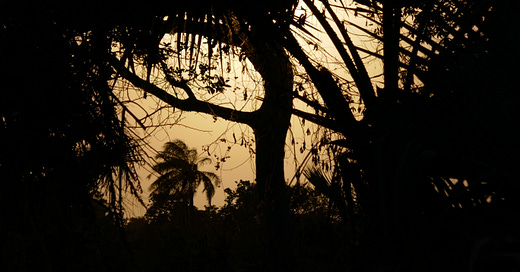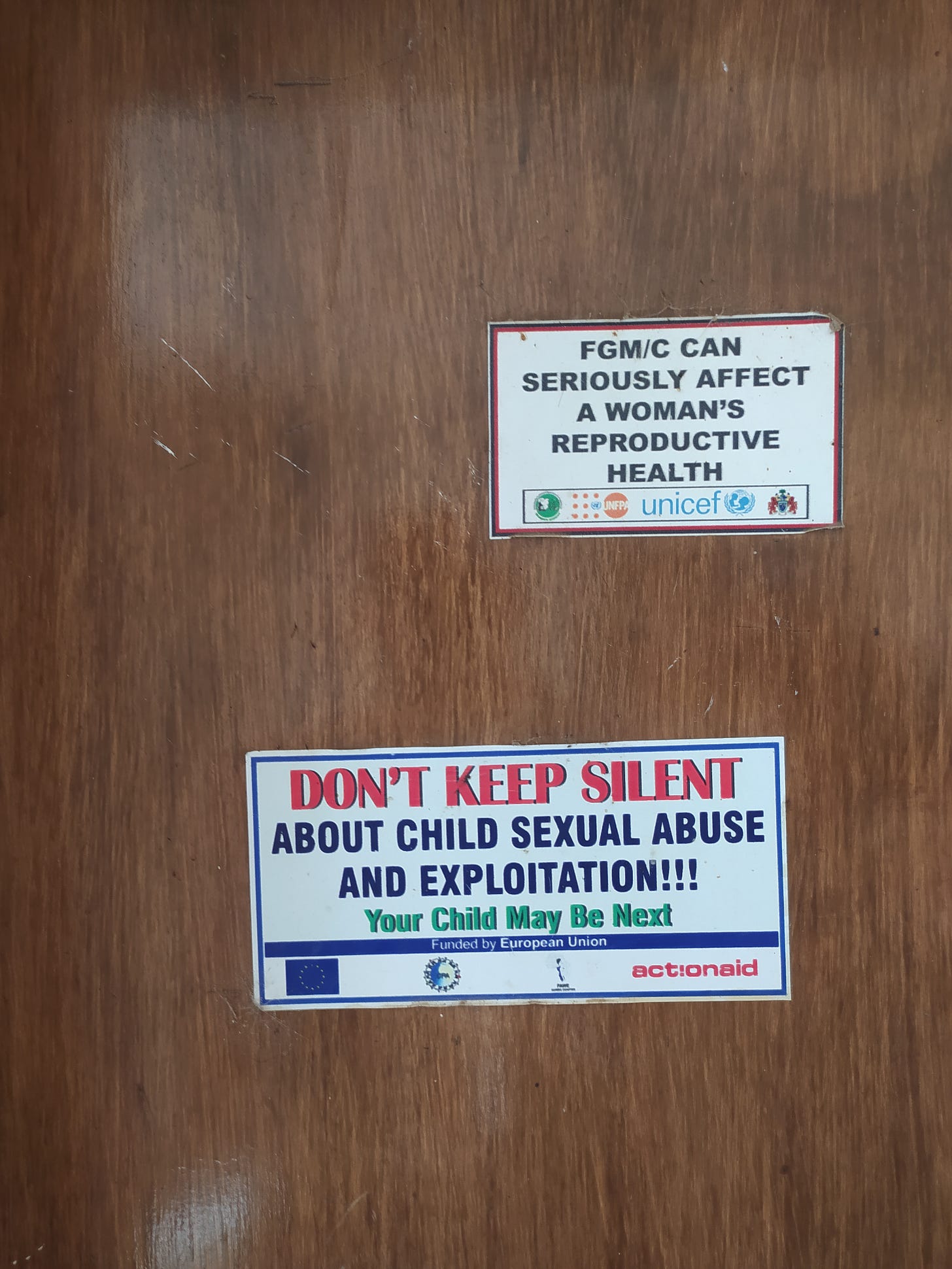It is morning in Sanyang, Gambia. I walk 10 km along the beautiful beach to the next village, Sabuya. I approach fishermen to ask whether there’s no obstacles on the way. They say that the walk is possible except the highest tide, when the beach is submerged. So when is next high tide? The answer: this you never know.
I am stunned. Today’s high tide will occur half an hour later than yesterday. You don’t need special education to know this. How is it possible that professional fishermen don’t know the tidal cycle?
It is possible. During my travels, I have often been surprised by lack of basic knowledge among the locals. I met professional Bedouin guides who had no idea about the basic geography of the mountains. Indigenous farmers who used chemical fertilizers and said making compost was dangerous because of rats. Traditional cooks, hopeless without ketchup and mayonnaise. In India, I even met a coffee plantation owner who drank instant coffee because he did not know how to process the beans. I don’t know whether the indigenous knowledge got lost with the advent of civilization, or perhaps (more probable) it never existed, except romanticized vision in Western literature.
On social media, I regularly see posts about the ancient knowledge of indigenous tribes. Allegedly the Himba tribe create a unique song for each of their children which is then sung to them until death. Another tribe, Babemba, is said to have beautiful, violence-free forgiveness ritual. All those stories are fake, being just another incarnation of “noble savage”, a naive 18-century concept from Jean-Jaques Rousseau, then discredited as patronizing and in fact racist.
In my travels so far, I have not encountered many traces of ancestral indigenous wisdom. Instead, the harsh reality was backwardness, ignorance and illiteracy.
Stronger examples?
Today, Al-Jazeera reports that Gambia is going to lift the ban of FGM (female genital mutilation, also known as female circumcision). The practice has been banned in 2015. Due to strong societal pressure, the parliament has voted 42:4 to make this tribal practice legal again.
This recent article "How the devil killed Idrissa's dad" is an account of a family who paid with death for opposing the circumcision of their daughter:
“When the devil places a sacred object in your door, you have to go in the forest. Everybody has to go: small children or adults, boys and girls. If you never went, one day you must go. There you stay 3 or 4 months. There they cut you with blood between your legs. [full story here]”
The story, which ends with the death of the girl’s father, happened only a few months ago, in an indigenous village of one of West African’s countries. A society based on the ancestral tribal values.
There is substantial medical evidence that FGM has no medical benefits, only harm, it also violates a person's rights to health, security and physical integrity; the right to be free from torture and cruel, inhuman or degrading treatment.
Words have power. Do not share invented stories about imaginary ancient wisdom of African tribes. Instead, have courage to discover the truth and share the human values. Share the medical and moral evidence against the ancient, cruel practices.
Pictures below is the wall in the Gambian school in Janjanbureh. After the recent parliamentary voting, the messages may soon disappear.
UPDATE 2024-03-30:
After the article I spoke to several people and understood this interesting perspective on the new law in the Gambia: Eventhough FGM/C has been banned a few years ago, the ban has been commonly ignored to the extent that some communities 100% girls still undergo the ritual. With this in mind, the legalization of the practice is intended to have an effect of bringing it out of the grey zone, which allows to at least some degree of control and medical intervention (which would have been impossible if the practice was banned).
This sheds new light on the particular legal situation in the Gambia, which I must say makes more sense to me now. This however does not change the general thought of this article: that search for the truth is more valuable than the sharing of idealized, imaginary stories.






This is very insightful, thank you for sharing these!